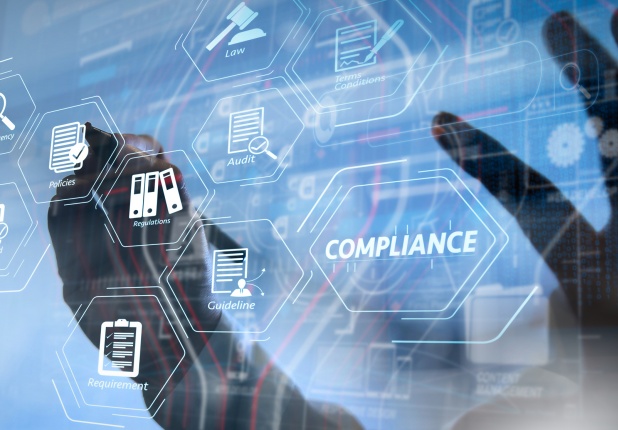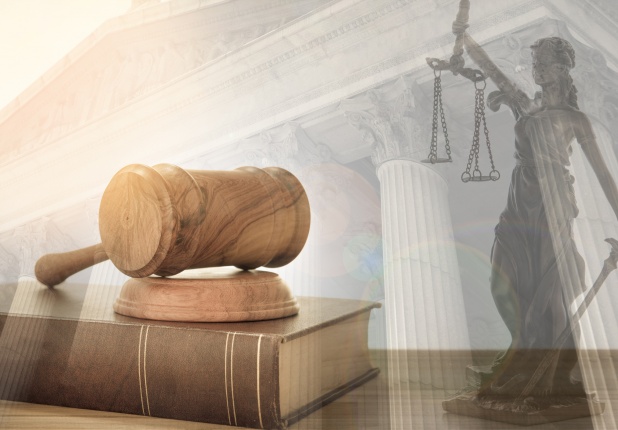Now You See Me, Now You Don’t: Ephemeral Messaging Challenges
The emergence of ephemeral messaging applications to communicate with friends, family, and coworkers quickly, securely, and effortlessly has boomed over the past decade. In that time, users of ephemeral messaging apps have risen significantly, from millions to billions of active users! Ephemeral messaging is an integral and evolving part of both individual and company communications with advantages and challenges impacting companies and the legal industry. Companies must consider the ramifications of their employees' use of ephemeral messaging and adopt policies and procedures to best protect themselves and comply with requirements relating to litigation and regulation. Courts have already begun addressing the failure to preserve relevant ephemeral messages and have been issuing sanctions in a myriad of legal challenges. Ephemeral messaging is here to stay, and companies, courts, and attorneys must understand and adapt to evolve with this emerging technology.






